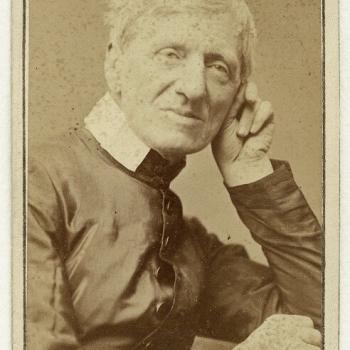We have understood Joseph Smith's teaching about sealing differently over time. Our 19th-century practice of polygamy was one of its manifestations. Early on we often sealed outside of family lines, but for some time we have been asked not to do so. There may yet be new things for us to learn about how to make the most sense of the sealing ritual.
Continuing revelation, another fundamental principle of Mormonism, means that we are always in medeas res, always working things out and receiving more light and knowledge. The ways we go about instantiating our utopic hope to live in a resurrected society are likely to change over time, but the principle will remain the same: by being sealed we come into faith-covenant with each other and God in order to recognize and create bonds of fidelity among all the children of God.
It is tempting to say that Mormonism turns out, therefore, to be a political order. It is an order of those in the fallen world who expectantly and patiently hope for the resurrection of the polis, the communal body, as well as of the personal body. There is good reason to think that way, though if Mormonism is a political order, it is certainly not one of the sort we find in contemporary politics.
But I think it is better to say that though Mormonism is absolutely political, in the oldest sense, it is at the same time more than political. To steal (and twist) a phrase from Giorgio Agamben, the basis of the resurrected community anticipated by Mormonism "is not a text, but the very life of the messianic community, not a writing, but a form of life . . . " (The Time That Remains, 122).





